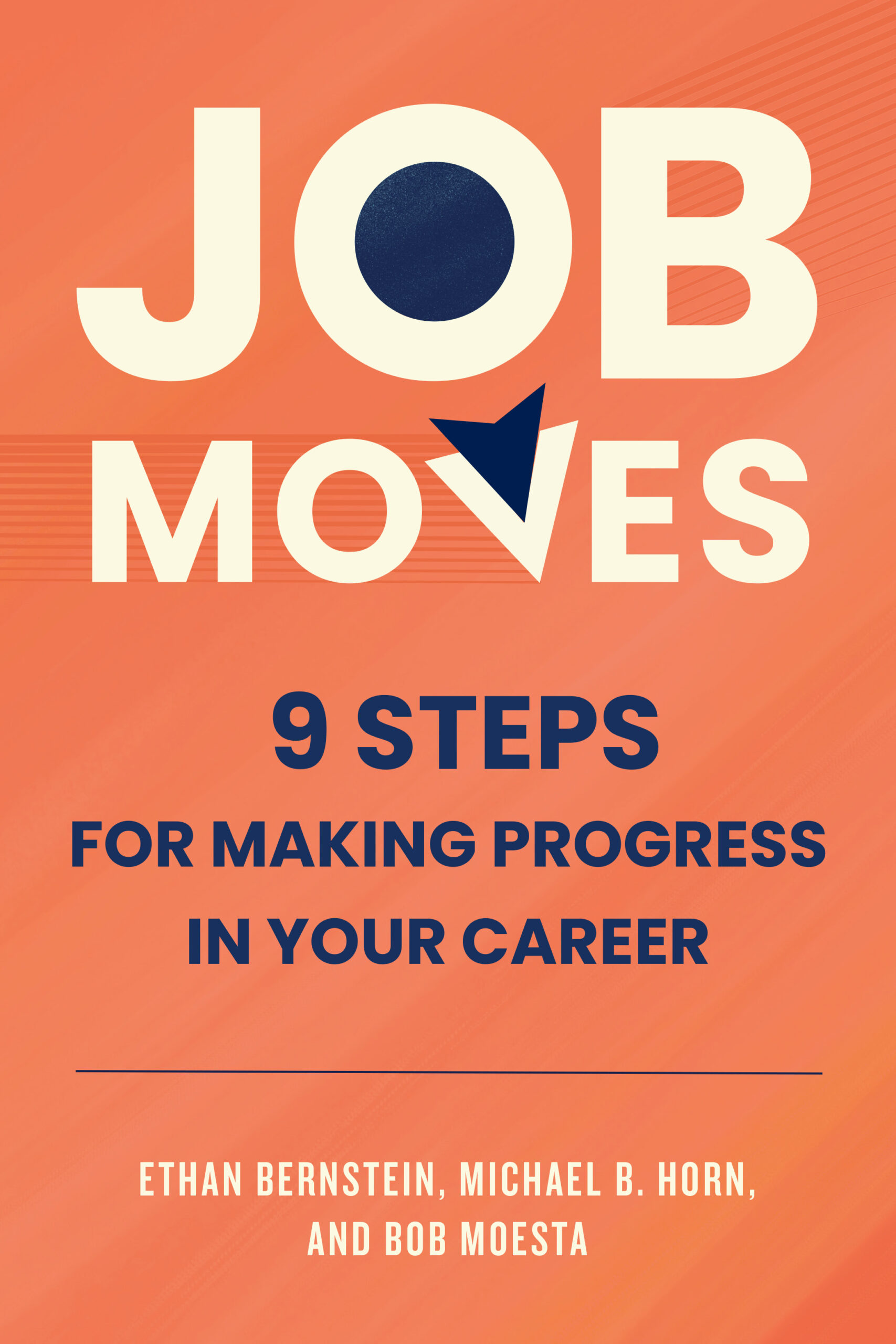The Disruptive Playbook For Coding Bootcamps To Upend Universities
Will coding bootcamps and other last-mile providers disrupt higher education?
Ryan Craig, an investor and writer thinks so. His most recent book, “A New U: Faster + Cheaper Alternatives to College,” makes a compelling case that the disruption is already under way.
As the person who likes to be ahead of the curve on forecasting disruptive innovations in education, reading the book caused me to write that, “A New U is the book I wish I had written.”
But disrupting traditional colleges and universities is a tall order. For bootcamps to do so, they will have to do more than initially serve students who are not being served by traditional higher education with a more affordable, convenient offering that is perceived as primitive and with a technology enabler that allows them to improve even as they make money and don’t cause the majority of traditional colleges and universities to compete directly. After establishing this foothold, they will have to go “up-market,” and serve more of higher education beyond technology and an on-ramp into a career.
Against that backdrop, researchers Richard Price and Alana Dunagan from the Christensen Institute recently published an important paper, “Betting on bootcamps: How short-course training programs could change the landscape of higher ed,” that outlines five different scenarios for the future of bootcamps. Parsing these scenarios helps provide a window into whether and how bootcamps will—or will not—disrupt higher education.

0 comments